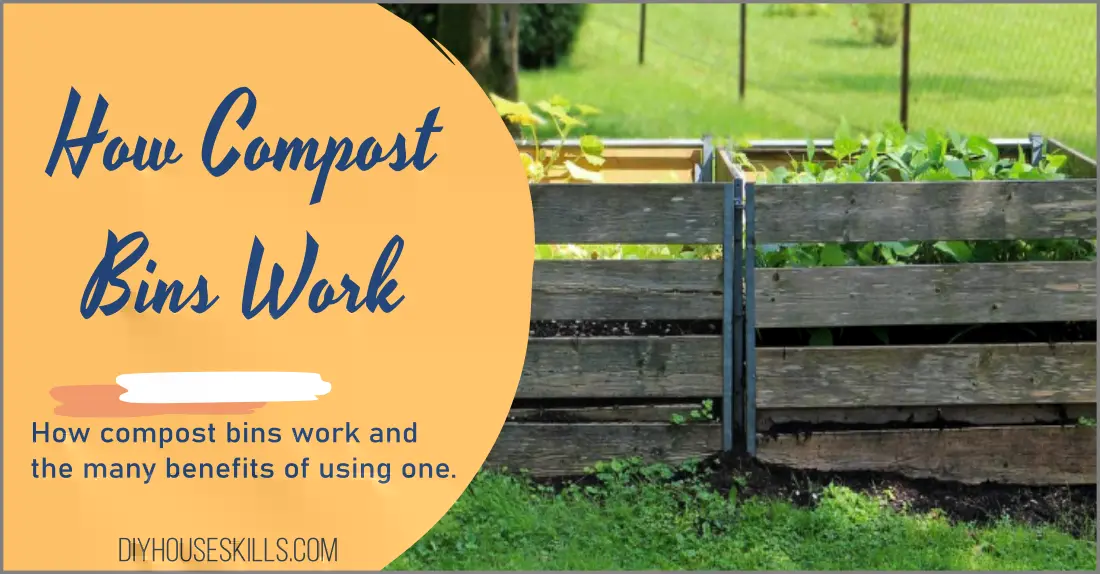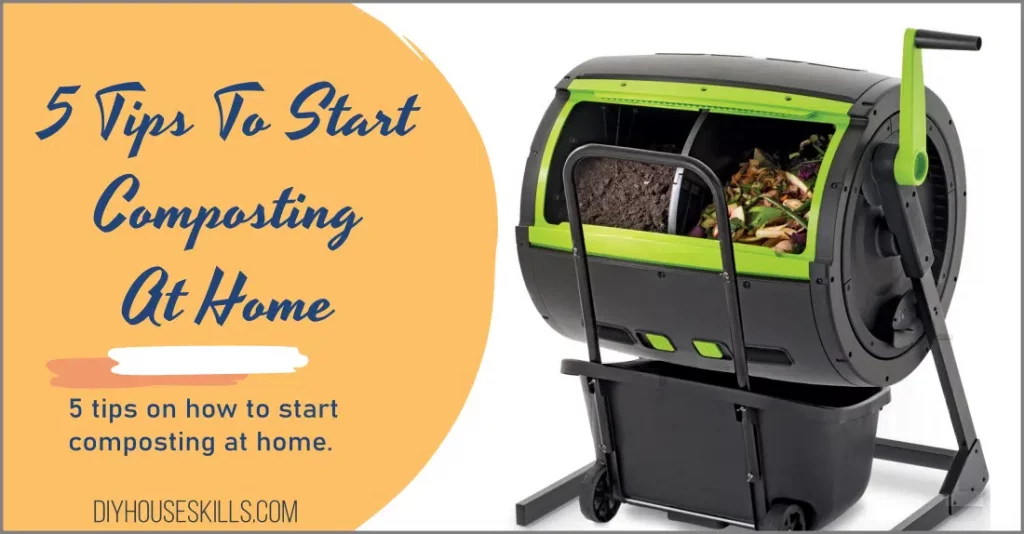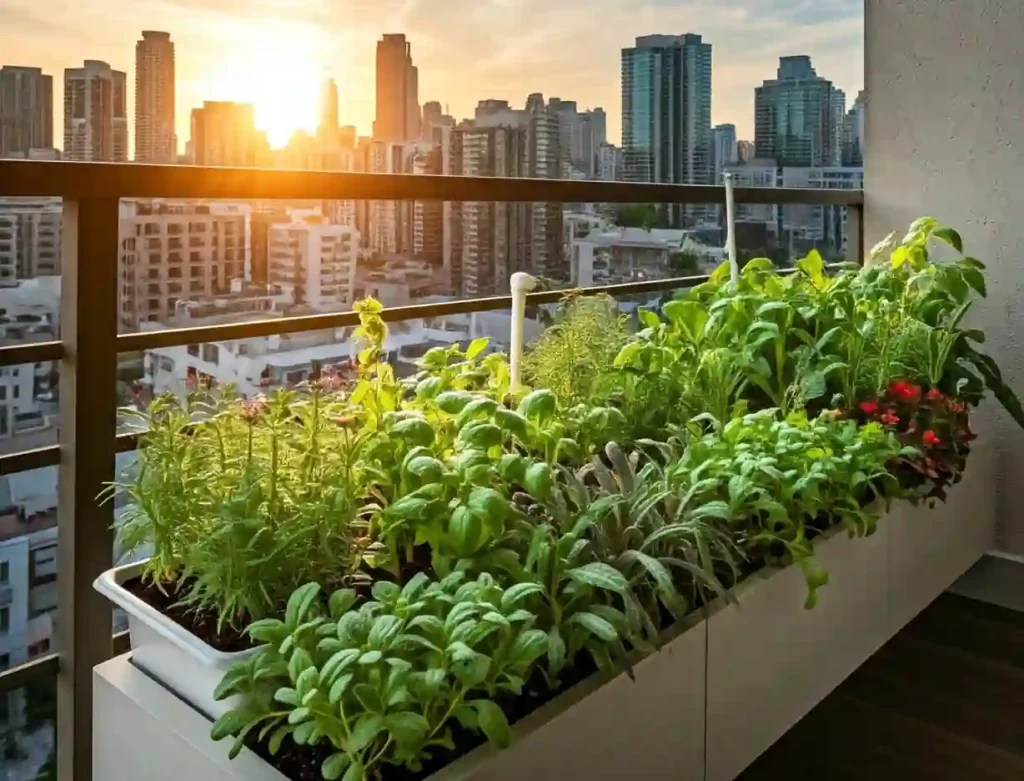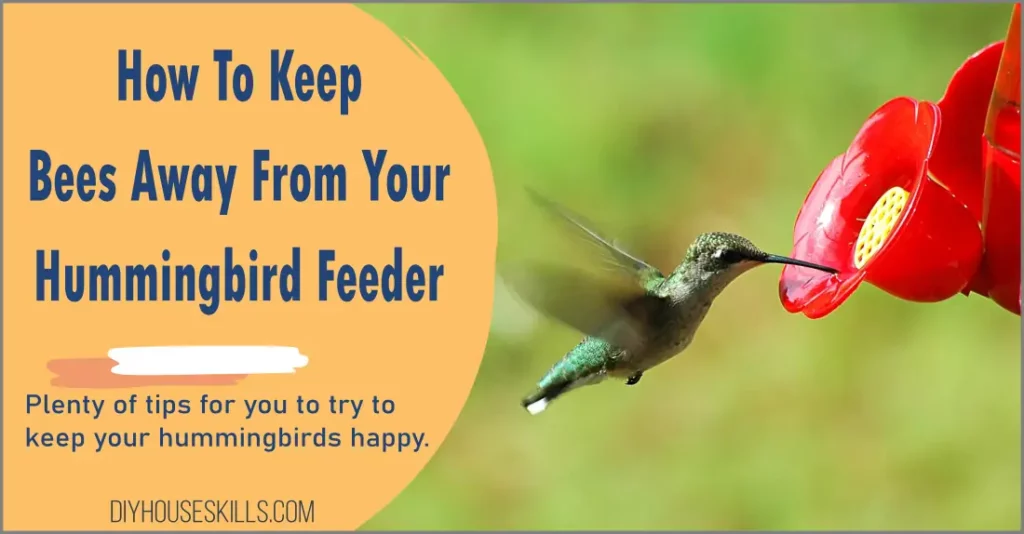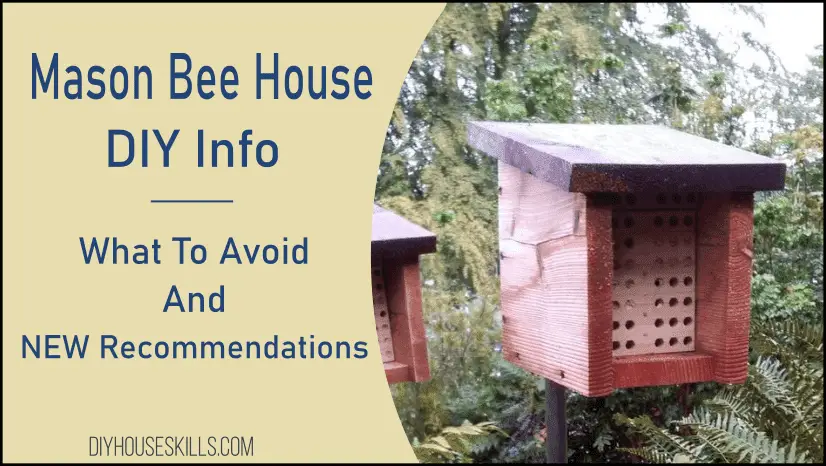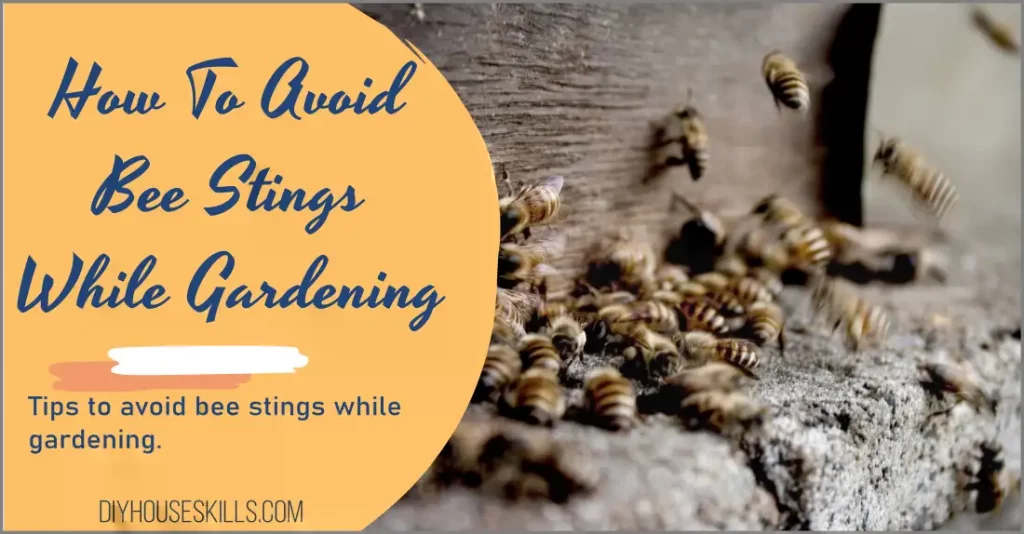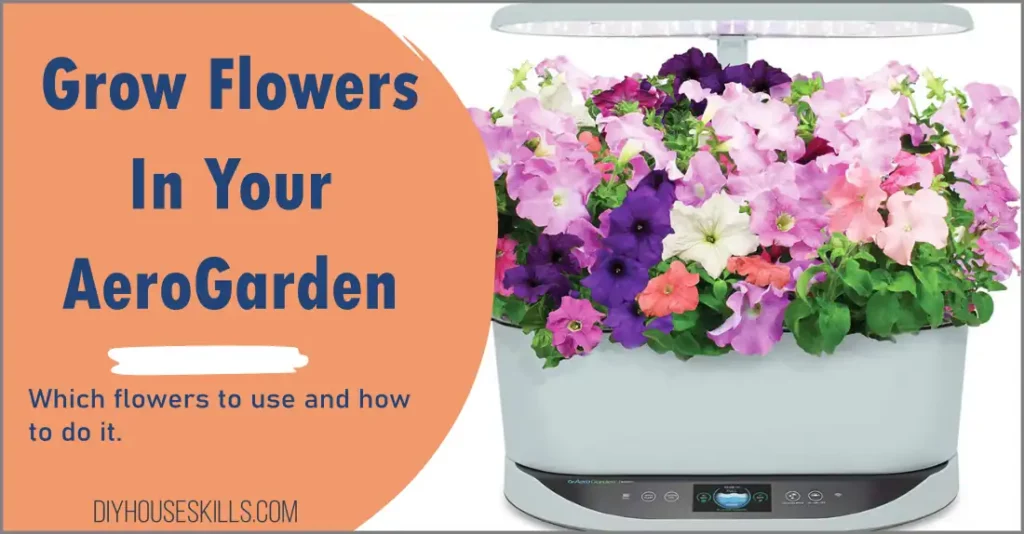A compost bin is an important tool for any green thumb. Not only do they make the job of composting much easier, but they are also a great way to recycle organic waste and turn it into nutrient-rich soil for your garden.
Composting is not only good for the environment, but it also has a ton of benefits for your plants. In this blog post, we will discuss how compost bins work and the many benefits of using one.
And be sure to find out about growing vegetables indoors for beginners as well as the best indoor garden systems. Read all my Garden articles.
THIS POST MAY CONTAIN AFFILIATE LINKS. As an Amazon Associate, I earn from qualifying purchases. PLEASE READ MY DISCLOSURE FOR MORE INFO.
What is a compost bin?
A compost bin refers to a container used to compost organic waste materials, such as food scraps and yard trimmings. These waste materials are broken down over time by microorganisms, creating a rich compost that can be used for fertilizing plants and improving soil quality.
A compost bin can be created from a variety of different materials, including wood, plastic, or even wire mesh. To kickstart the composting process and ensure that conditions are favorable for microbial activity, it is important to layer your compost material in the correct way and regularly add water as needed.
With a little bit of work and care, your compost bin can become an efficient and effective tool for turning waste into valuable compost.
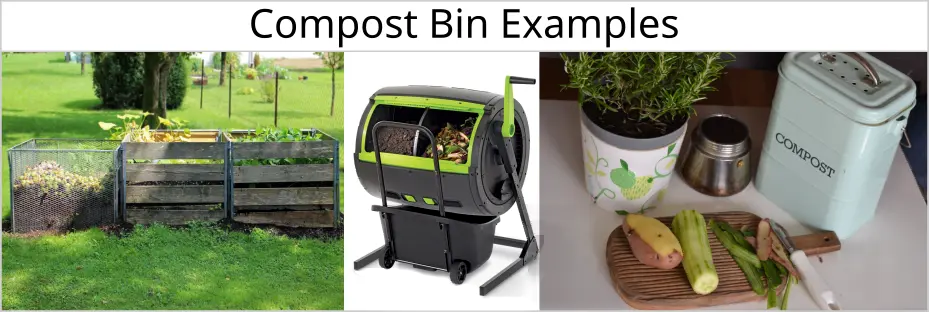
How do compost bins work?
Compost bins are designed to help increase the composting process by regulating the temperature and moisture levels of compost piles.
They typically consist of layers of organic materials, such as leaves, grass clippings, and compostable kitchen scraps, which are broken down by a combination of soil bacteria, fungi, and other microbes as they decompose.
The bins also feature vents to let in oxygen and allow for the release of excess heat, CO2, and water vapor that can damage plant life.
Overall, compost bins are an effective tool for improving the health and productivity of soil by increasing its nutrient content and stimulating microbial activity. Additionally, composting is a great way to reduce waste by recycling food scraps and yard debris into rich compost material that can be used to nourish your garden or lawn.
Find out how to start a compost bin in your backyard.
So if you’re looking for an easy way to green up your backyard while improving the quality of your soil at the same time, then a compost bin might just be the perfect solution.
How do you use a compost bin at home?
When it comes to composting at home, I rely on my compost bin to help turn our food scraps and yard waste into nutrient-rich compost.
I start by adding small amounts of organic material to my compost bin on a regular basis, mixing it in with the existing compost to help promote decomposition.
Every once in a while, I give my compost bin a good stir or turn, which helps aerate the compost and allows air and moisture to get in and out of the pile. Over time, this process transforms our waste into rich compost that we can use in our garden or flower beds.
See what mistakes to avoid when starting a compost bin.
Whether you’re just looking to reduce your environmental footprint or save money on fertilizer, a compost bin is an essential tool for any home gardener.
How long does it take for compost bins to work?
How long does it take for compost bins to actually work? The answer depends on a number of factors, including the size of the bin, the type of material being composted, and the temperature.
In general, it takes anywhere from two weeks to six months for compost bins to produce finished compost.
However, if you are composting kitchen scraps and other organic matter, you can speed up the process by adding some simple ingredients. For instance, adding shredded newspaper or dry leaves will help to aerate the compost bin and promote bacterial activity.
You can also add a small amount of soil to jump-start the composting process. By following these simple tips, you can enjoy fresh compost in no time.
Also read: How To Use A Garden Tiller to prepare your soil for garden planting time.
The Composting Process
When it comes to composting, there are a few different methods you can use. One popular method is to set up a compost bin in your yard.
To do this, you will need to find a spot that is out of the way and has good drainage. Once you have found the perfect spot, you can build your compost bin using materials like wood or wire mesh.
Be sure to leave some space in the bin for air to circulate. Once your bin is set up, you can start adding compostable materials like leaves, grass clippings, and fruit and vegetable scraps.
Over time, these materials will break down and turn into nutrient-rich compost that you can use to improve the health of your garden. Composting is a great way to reduce waste and give something back to the earth.
See the benefits of having a compost bin at home.
Interested in learning even more about composting? Check out 5 Tips To Start Composting At Home: Everything You Need to Know.
Here to help you learn
We cover the basics of composting, such as what materials can be composted and how to get started. Plus, we’ll give you tips on making the process easier and more efficient.
Compost balance
For the process to be successful, the compost must be properly balanced. The key ingredients are air, water, nitrogen, carbon, and soil.
The proper amounts are :
- >30% air
- 30-40% water
- 1% nitrogen
- 30% carbon
Too much or too little of any one element can slow down the composting process.
How compost bins work – Summary
Compost bins are a great way to recycle food scraps and yard waste into nutrient-rich compost material that can be used to nourish your garden or lawn. To use a compost bin, simply add organic material to the bin on a regular basis and mix it in with the existing compost. Every once in a while, give the compost bin a good stir or turn to help aerate the compost and promote decomposition. By following these simple tips, you can enjoy fresh compost in no time.
- Self-Watering Gardens for Small Spaces: Grow Big in Tiny Places
- Keep Those Pesky Bees Away From Your Hummingbird Feeder
- Best Mason Bee House DIY Steps | Avoid This
- Expert-Backed Tips to Avoid Bee Stings While Gardening
- The Benefits of Growing AeroGarden Flowers
- When Do Hummingbirds Leave | Advice For Your Area
